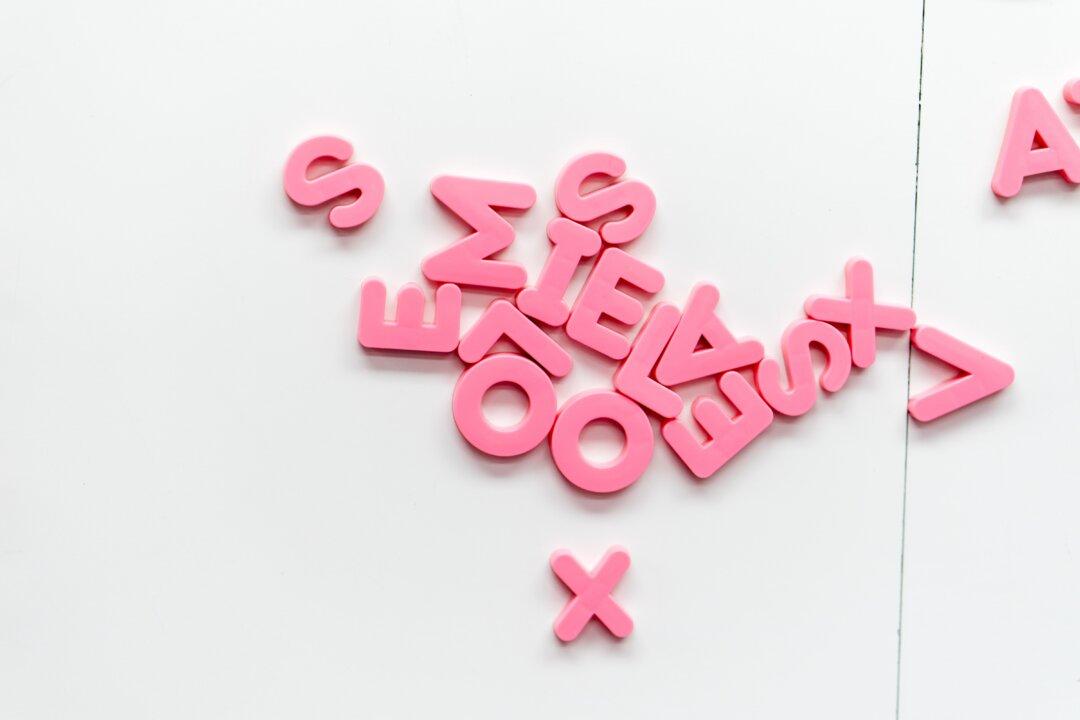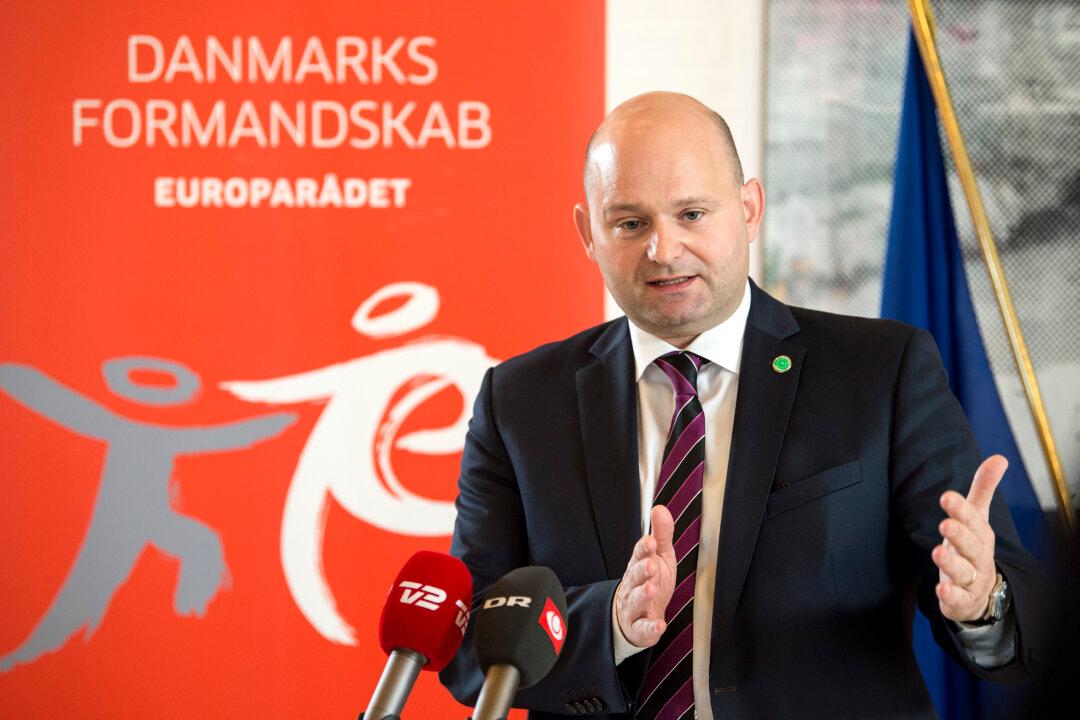STOCKHOLM—Swedish activists have found a new target for reform: the alphabet.
More specifically, it’s the Swedish phonetic alphabet that has come under fire. Unlike the United States, which uses the NATO phonetic alphabet for spelling out letters over radio traffic and such (“Alpha” for A, ”Bravo” for B, “Charlie” for C, etc.), Swedish authorities have their own Swedish version. It was implemented in 1891 and consists entirely of male first names with an ethnically Swedish flavor, like Adam and Bertil.




